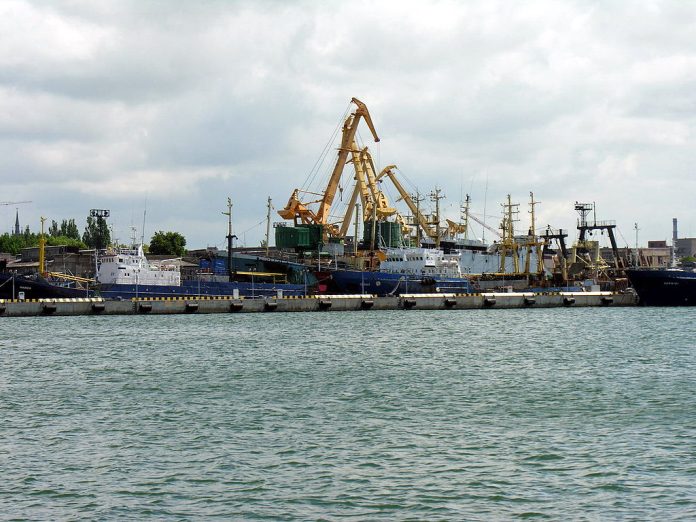As of today, Ukrainian grain exports can be shipped worldwide from the Lithuanian port of Klaipeda on the Baltic Sea. The new hub aims to speed up procedures in the ongoing drive to overcome blockade measures stemming from Russia’s invasion of Ukraine and to address the resultant needs of grain-impoverished countries in Africa and elsewhere.
The deal, which was signed off on earlier this week by Ukraine, Poland and Lithuania, means that the requisite grain inspections for pest and plant diseases will shift from the Ukrainian-Polish border to the Baltic port, a move that the Ukrainian agriculture ministry says will help expedite sea shipments of Ukrainian exports, grain especially, around the world. Ukraine is a major global supplier of wheat, barley, corn and vegetable oil and has struggled since Russia’s invasion to get its food products to parts of the world in need.
The new agreement may also help resolve agricultural pricing issues that have arisen between Ukraine and Poland at a time when across-the-board international support for Kyiv’s efforts to repel Russia’s invasion may be unraveling. Moscow’s July withdrawal from the pact providing safe passage through the Black Sea for Ukrainian grain was a major setback.
Ukraine’s exports were forced to transit through Europe using more expensive overland routes. Farmers were angered by the flood of Ukrainian food products swamping their local markets, which affected their livelihoods by pushing prices down.
While the introduction of sealed freight helped address the problem, the hope now is that sending Ukrainian grain direct to the Lithuania’s Klaipeda port may provide a fuller answer.
When a European Union embargo ended in mid-September, Poland, Hungary and Slovakia announced bans on local imports of Ukrainian food. This led Ukraine to file a complaint with the World Trade Organization. The EU nations said they would continue to allow Ukrainian agricultural products to move across their borders to reach countries of the world where people were facing hunger.

